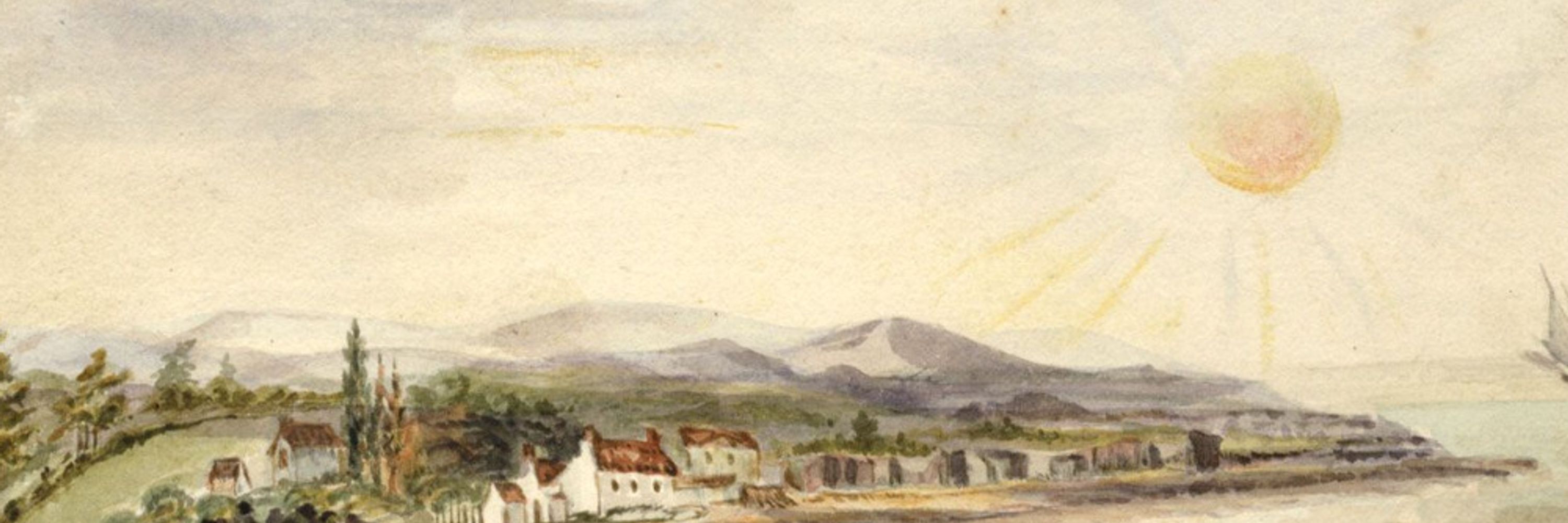
Mark Hailwood
@markhailwood.bsky.social
Historian of everyday life in England, c.1500-1700 | Bristol Uni | First Gen | Devon & Somerset
Can't believe that paid off - and that I didn't go for some copies myself!
October 20, 2025 at 4:56 PM
Can't believe that paid off - and that I didn't go for some copies myself!
The perfect Christmas gift for any baby...
October 16, 2025 at 1:40 PM
The perfect Christmas gift for any baby...
Maybe an Attenborough voice over?
October 16, 2025 at 12:59 PM
Maybe an Attenborough voice over?
Yeah - I was lucky to scrape through in my final year of eligibility, which was probably the first year I had considered myself 'mid career'...
October 15, 2025 at 1:34 PM
Yeah - I was lucky to scrape through in my final year of eligibility, which was probably the first year I had considered myself 'mid career'...
I had a BA Mid Career Fellowship, which would cover most of these bases.
October 15, 2025 at 10:10 AM
I had a BA Mid Career Fellowship, which would cover most of these bases.
That's interesting. I have argued elsewhere (doi.org/10.1093/past...) that England was already quite clock-oriented/time-regimented by the 16th century, so I think these differences are about more than just industrialisation...

Time and Work in Rural England, 1500–1700*
Abstract. ‘Free of haste, careless of exactitude, unconcerned by productivity.’ This is how Jacques Le Goff characterized the temporality of pre-industrial
doi.org
October 8, 2025 at 1:27 PM
That's interesting. I have argued elsewhere (doi.org/10.1093/past...) that England was already quite clock-oriented/time-regimented by the 16th century, so I think these differences are about more than just industrialisation...
Resources were more carefully managed, for example by coppicing of trees, and food was carefully stored over the winter and used gradually. There was pressure on these resources, for sure, but it is worth remembering the population of England in the 1600s was only about 5 million.
October 8, 2025 at 8:29 AM
Resources were more carefully managed, for example by coppicing of trees, and food was carefully stored over the winter and used gradually. There was pressure on these resources, for sure, but it is worth remembering the population of England in the 1600s was only about 5 million.
I think EPT exaggerates the extent of change caused by industrialisation as he misunderstood early modern society, but that isn't to say nothing changed. For me the jury is still out on the 'Industrious Revolution' - our data doesn't obviously show it, but it isn't designed to test that specifically
October 8, 2025 at 8:26 AM
I think EPT exaggerates the extent of change caused by industrialisation as he misunderstood early modern society, but that isn't to say nothing changed. For me the jury is still out on the 'Industrious Revolution' - our data doesn't obviously show it, but it isn't designed to test that specifically
Aww, very kind words!
October 7, 2025 at 1:05 PM
Aww, very kind words!

